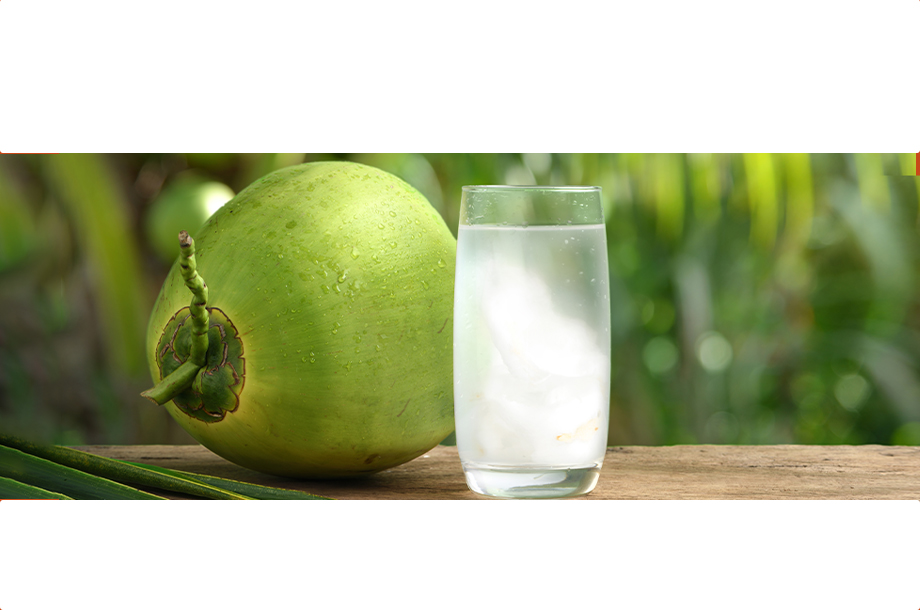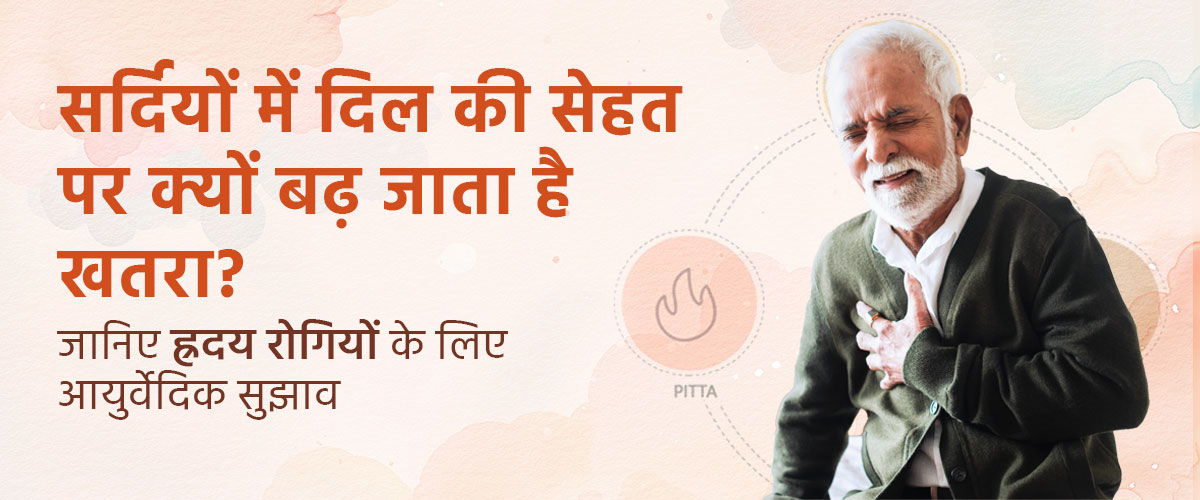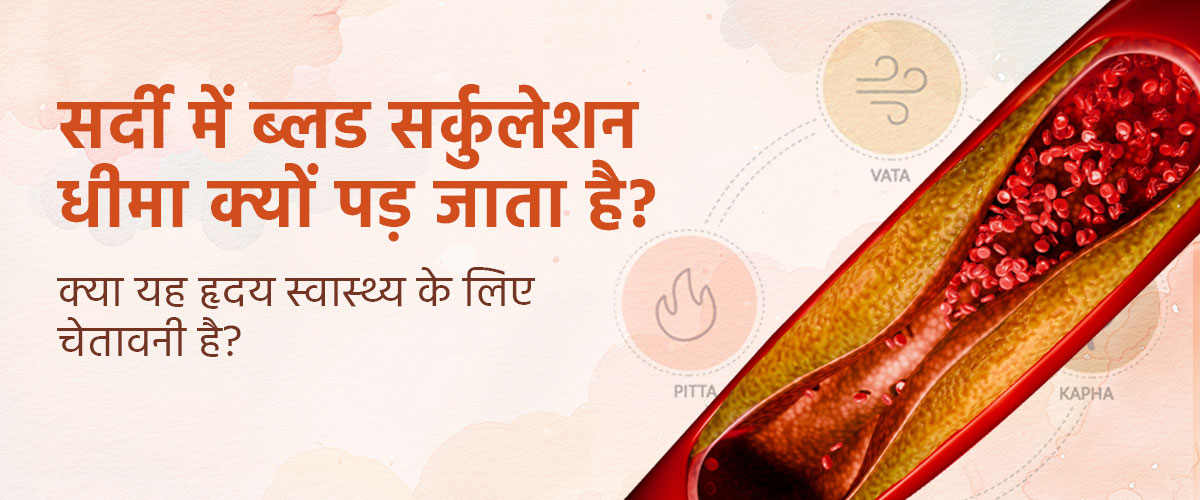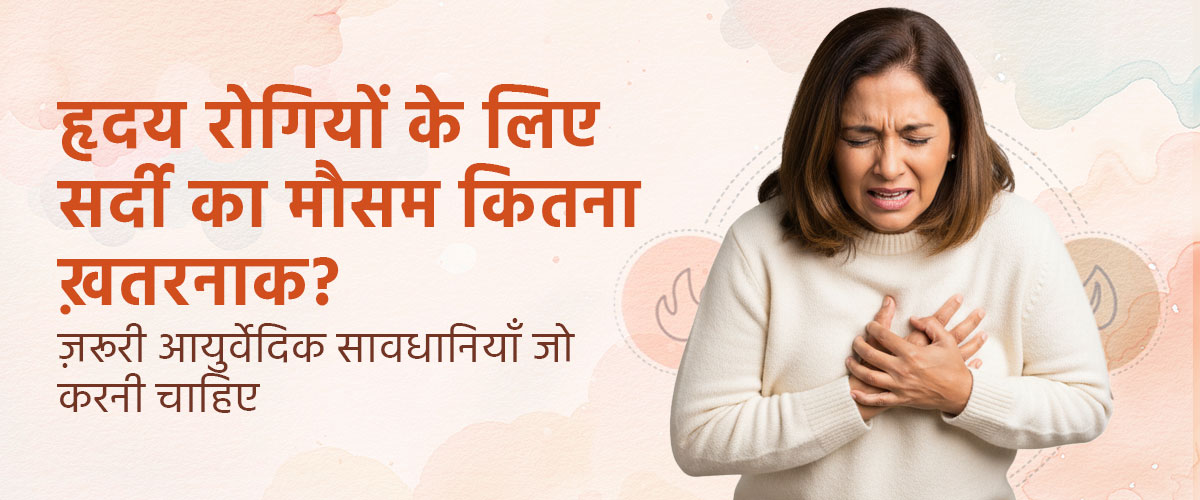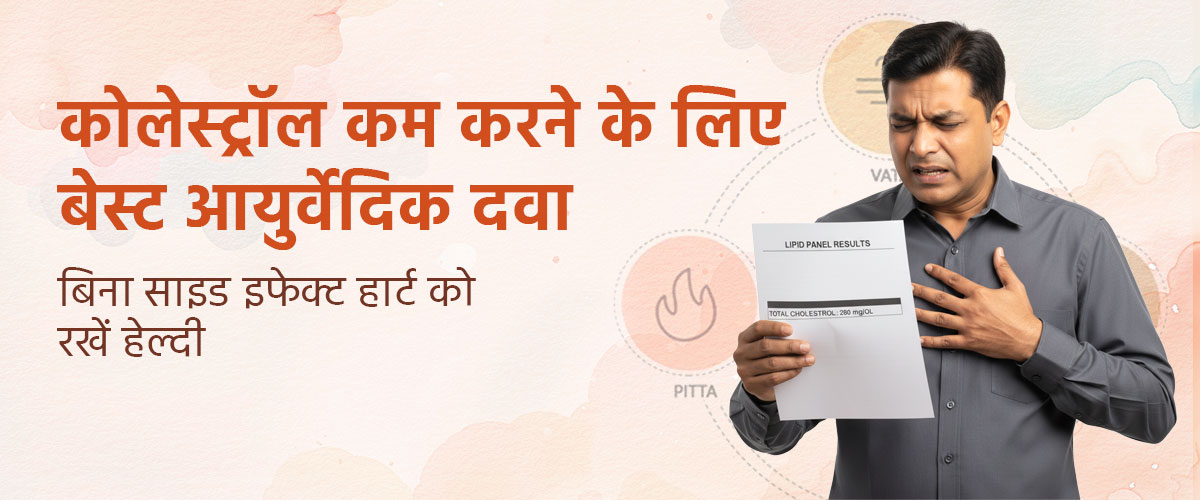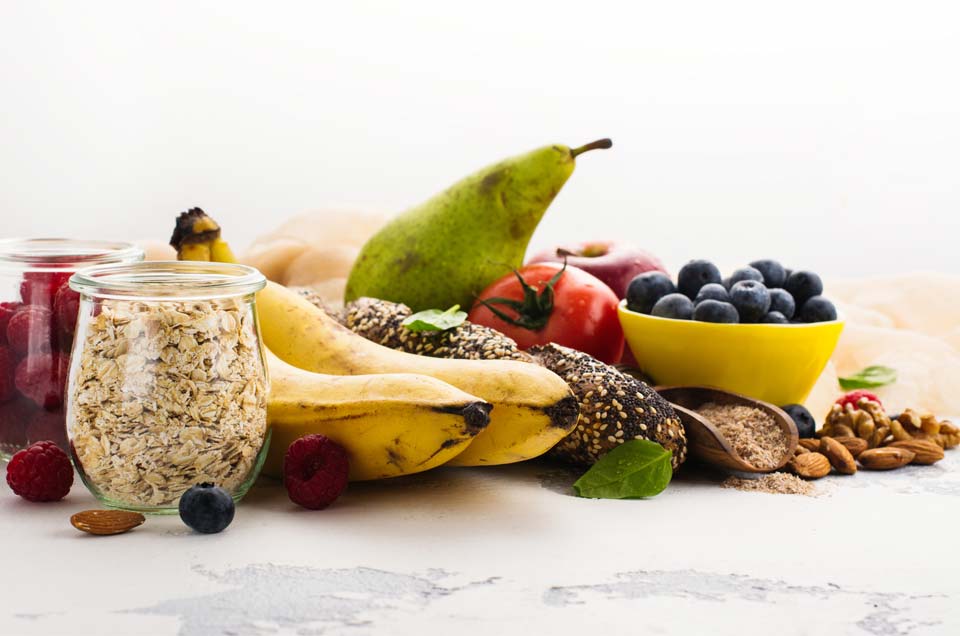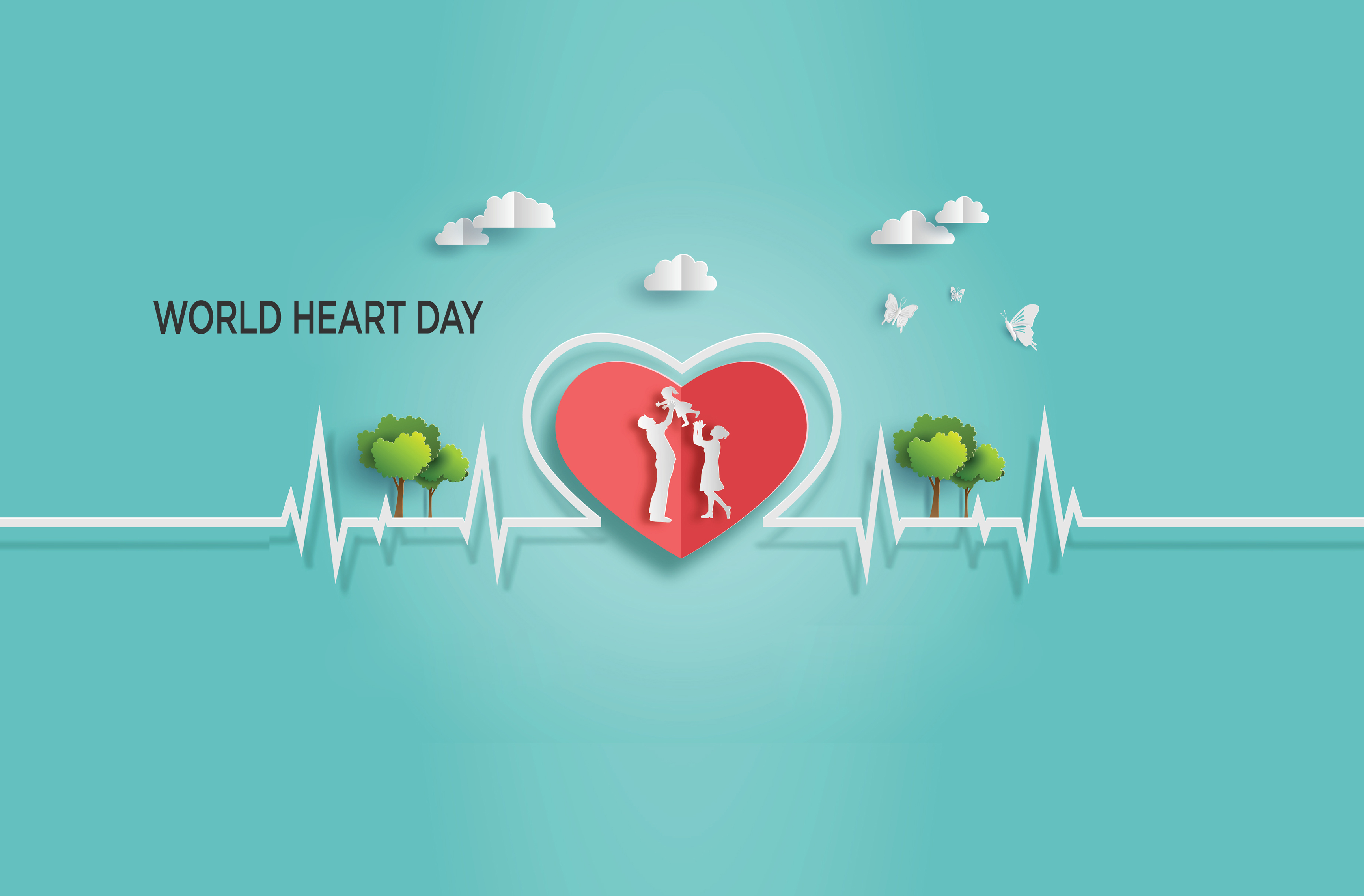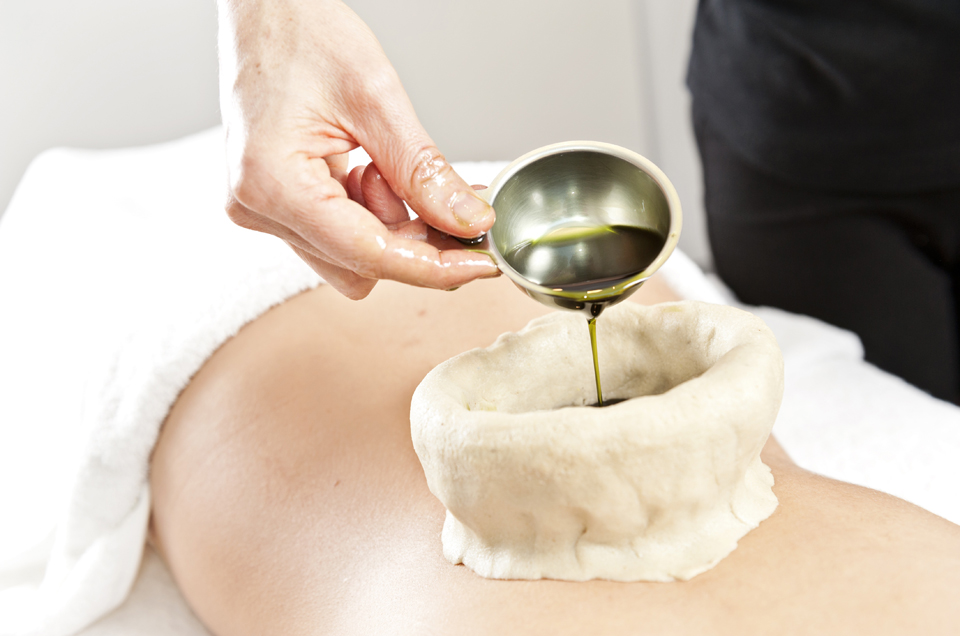So, where are we going wrong? What can we do to protect ourselves from this growing threat? The answer can be found in Ayurveda - the world's oldest science of healing.
Heart Disease - Alarming Numbers Everywhere:
- Heart diseases are the number one cause of death globally: more people die annually from heart diseases than from any other cause.
- An estimated 17.3 million people died from heart diseases in 2008, representing 30% of all global deaths. Of these deaths, an estimated 7.3 million were due to coronary heart disease and 6.2 million were due to stroke.
- Low- and middle-income countries are disproportionally affected: over 80% of heart disease deaths take place in low- and middle-income countries and occur almost equally in men and women.
- By 2030, almost 23.6 million people will die from heart diseases. Current projections suggest that by the year 2020 India will have the largest cardiovascular disease burden in the world.
- One fifth of the deaths in India are from coronary heart disease. By the year 2020, it will account for one third of all deaths. Sadly, many of these Indians will be dying young as heart disease in India occurs 10 to 15 years earlier than in the west.
- There are an estimated 45 million patients of coronary artery disease in India. With millions hooked to roller-coaster lifestyles, the future looks grimmer.
According to Ayurveda, the heart is located in the Heart Chakra (known as the Anahata Chakra). This Chakra is the seat of the Physical Heart, the Mind, Emotions, and the Soul. Like the central girder of a house, the heart holds all these aspects of the body together. So, if any of these elements is out of balance or in an unhealthy state, it affects the other parts, leading to heart disease.
Caring for the Physical Heart:
The health of the physical heart is most stressed upon when it comes to heart-related diseases. Faulty dietary habits, sedentary lifestyles, continued tobacco usage, diabetes, high blood pressure, obesity and high cholesterol are some of the well-known risk factors for heart disease.
Following the simple measures given below will help you keep your physical heart healthy:
- Eat plenty of fresh fruits and vegetables
- Eat fresh, home cooked food
- Keep away from tobacco
- Cut down on body fat; lose weight if you are overweight
- Reduce intake of salt
- Eat whole grains
- Reduce intake of saturated fats
- Be physically active; exercise at least 30 minutes daily
Breakfast:
Start your day with a cup of Ayurvedic tea. Then, for the first meal, take your pick from oats, porridge, sooji (semolina), upma, idli, or poha (flattened rice). All these foods are low in fat content and high in fiber, thereby making them the perfect options to start your day. In fruits, opt for grapes and/or papaya. You can also take soaked nuts and cholesterol-free milk in breakfast.
Lunch:
Have moong (green gram) and spinach dal that has been cooked in sunflower oil without butter or ghee. This ensures that the cholesterol levels stay in control. Take chapattis and seasonal green vegetables for lunch. You can also have buttermilk to enhance digestion.
Evening Snacks:
If you feel hungry in the evenings, have roasted chana (chickpea) and akhrot (walnuts). Both these snacks are energy boosters and will help you in overcoming general fatigue associated with this disease.
Dinner:
Arhar (red gram) and moong dal and chapattis are highly recommended for dinner. Have lots of green leafy vegetables as they have the fibrous elements that can keep your urine and stool clear. Take half a cup of skimmed cow milk before you go off to sleep.



